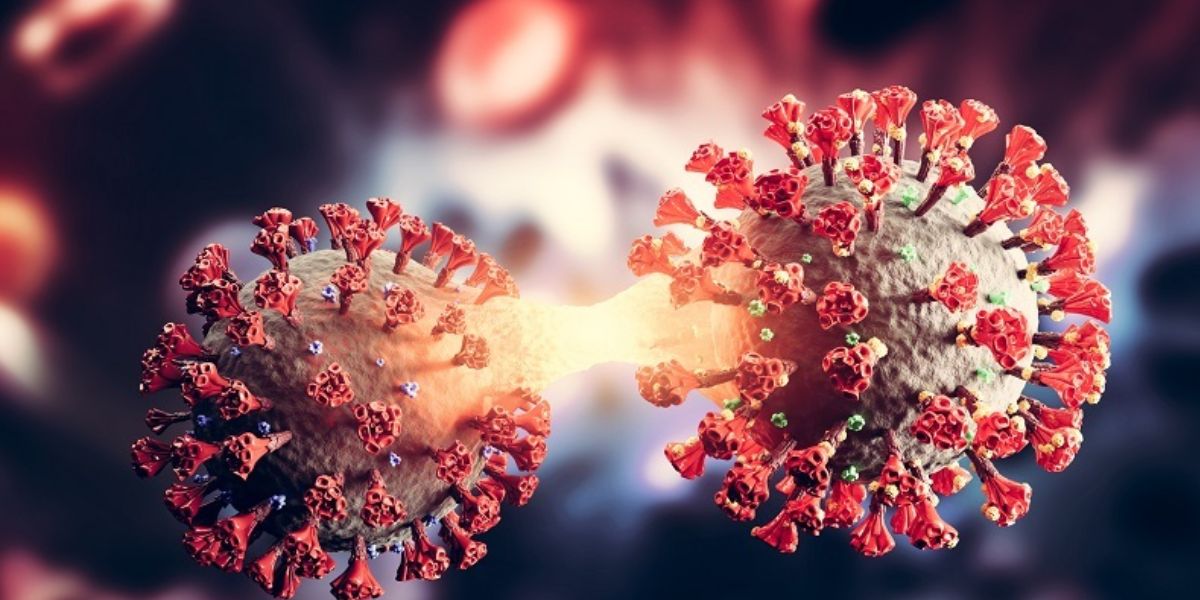As COVID-19 hospitalizations continue to rise and the highly mutated JN.1 variant becomes more widespread, several hospitals in the United States have implemented mask mandates once again. This precautionary measure has been adopted in multiple states, including California, Illinois, Massachusetts, New York, and Washington D.C., primarily in medical settings, to combat the spread of the virus. The decision to reinstate mask mandates comes in response to a significant surge in COVID-19 hospitalizations and fatalities reported by the Centers for Disease Control and Prevention.
According to Dr. Robert Murphy, a professor of medicine at Northwestern Feinberg School of Medicine, health experts have proposed the expansion of mask mandates to include long-term care facilities and assisted living spaces. This is based on the effectiveness of masks in preventing the transmission of diseases, particularly among vulnerable populations. In an interview with Time, Dr. Murphy suggested implementing regular mask requirements in public health settings, especially during the annual respiratory season from December to February, to safeguard the most vulnerable individuals in places like hospitals.
A study led by Dr. Francesca Torriani at the University of California San Diego, published in Clinical Infectious Diseases in January, supports the idea that mask mandates have a significant impact on reducing COVID-19 transmission. The study was conducted during the initial stage of the Omicron variant wave and highlights the effectiveness of masks in mitigating the spread of the virus.
Although masks have proven to be beneficial in healthcare settings, there is still a hesitation among the public when it comes to implementing broader mask mandates. This is partly due to the fact that the virus is now less virulent compared to the early days of the pandemic. However, it is important to note that the CDC is closely monitoring the rise of the JN.1 variant, which is not only prevalent in the United States but also globally. It is worth mentioning that as of late December 2023, only a small percentage of Americans, including both children and adults, have received the updated COVID-19 vaccine, which has proven to be effective against newer variants such as JN.1.
For more information on the evolving situation and recommendations, please refer to the University of Nebraska Medical Center here and the detailed report by the CDC here.













Leave a Reply